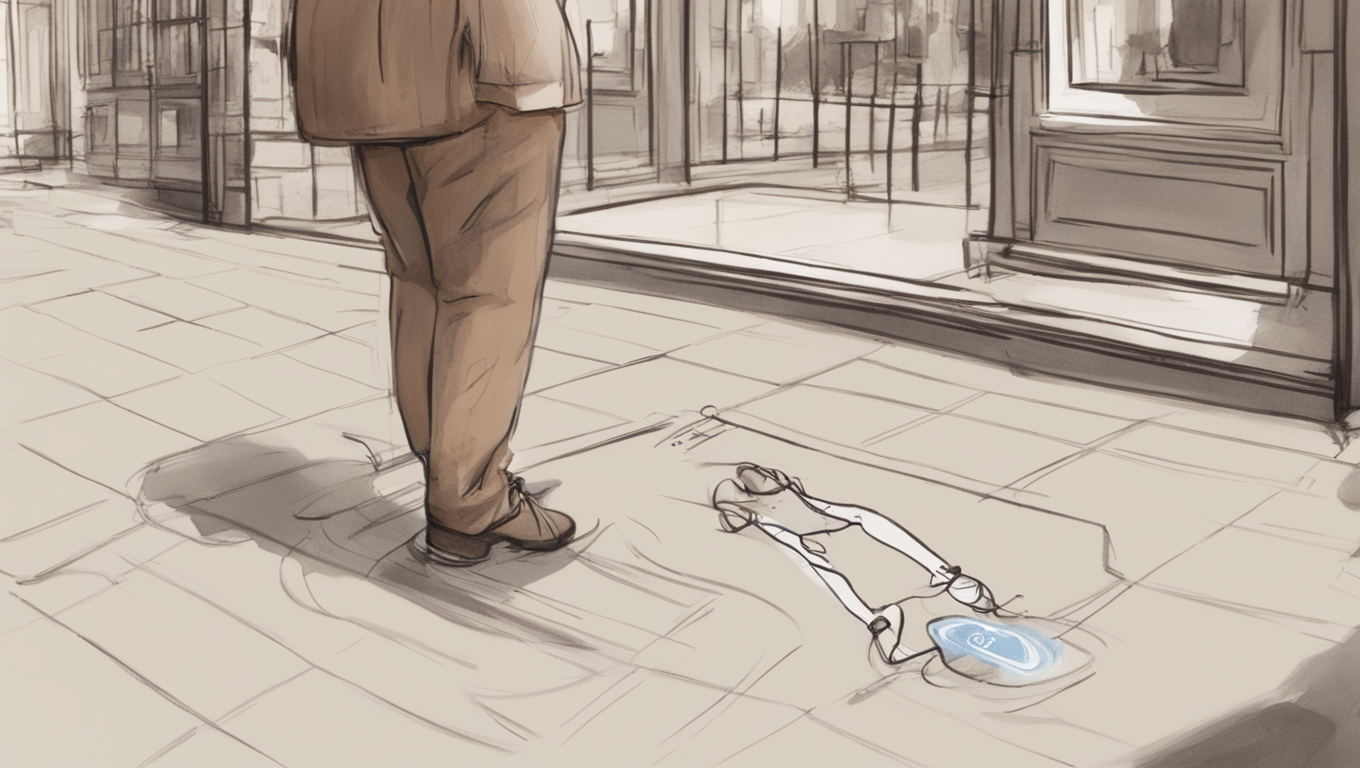A groundbreaking new smartphone app is aiming to transform the diagnosis and monitoring of Alzheimer’s disease and other neurological disorders. GaitKeeper, an AI-powered app developed by Dublin City University principal investigator Dr Aidan Boran, measures walking speed and conducts detailed gait assessments. This cutting-edge technology has the potential to detect early symptoms of Alzheimer’s disease and other brain disorders by analyzing a person’s walk. GaitKeeper is currently being introduced to doctors and patients at Tallaght University Hospital (TUH) and is expected to revolutionize gait analysis in clinical settings.
Traditionally, gait analysis has been limited in clinical settings due to cost, training requirements, and the need for specialized equipment. However, GaitKeeper overcomes these limitations by utilizing AI and augmented reality (AR) technology. With just a smartphone, the app captures over 20 points on a person’s body, 60 times per second, as they walk. This means that gait assessments can now be conducted by anyone, anywhere, and at any time. The need for sensors, mats, or special clothing is eliminated, making it more accessible and convenient for patients.
GaitKeeper not only measures walking speed but also collects data on support base, swing, flexion, and symmetry measures. It is already being used at TUH to assess frailty status and identify individuals at risk of falls, prolonged hospital stays, and overall functional decline. By detecting these risks early on, medical interventions can be implemented to prevent adverse events. This is particularly significant in the field of Alzheimer’s, where emerging research shows that early interventions can slow disease progression.
The development of GaitKeeper was made possible through funding from Enterprise Ireland, and it was supported by the Insight Centre for Data Analytics, DCU Invent, and Innovate Health at TUH. The app has received a CE mark, classifying it as a medical device, and it is now available for purchase through a license from Digital Gait Labs, a spin-out company from DCU.
The potential impact of GaitKeeper is undeniable. Dr. Paul McElwaine, director of the falls unit at TUH, aims to estimate a person’s risk of falling using the app. By identifying individuals at high risk, early interventions can be provided to prevent falls and their associated consequences. Dr. McElwaine emphasized the importance of gait speed as an indicator of fall risk, noting that implementing this indicator has been challenging in traditional clinical settings. GaitKeeper’s technology addresses these challenges, providing an easy and accurate measurement of gait speed, allowing healthcare resources to be directed towards those most in need.
This breakthrough technology has the potential to revolutionize the field of neurology and change the way doctors diagnose and monitor patients with Alzheimer’s disease, Parkinson’s disease, multiple sclerosis, and arthritis. With GaitKeeper, accurate gait assessments can be conducted easily and consistently in any setting, enabling early interventions, preventing falls, and improving overall patient outcomes. As the app continues to be rolled out to medical professionals and patients, the future looks promising for the early detection and management of neurological disorders.





Use the share button below if you liked it.